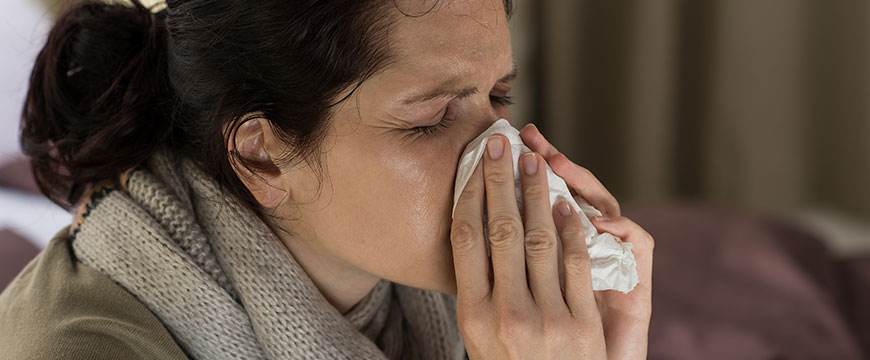
Contrary to popular belief, children also get stressed due to certain situations. Such a feeling of stress can affect their immune systems and make them more susceptible to health issues. More so, those with medical conditions like allergies and asthma should have twice the protection, especially during this COVID-19 pandemic.
An allergist doctor may not be available for face-to-face visitations in an allergy clinic. However, there are still ways that you can contact an allergist in case of emergencies.
Due to the ongoing pandemic, it is natural for adults especially parents to be wary of the current situation. But it is also important that children, even as young as toddlers, understand what the world is going through now.
COVID-19’s potential impact on children
This pandemic has caused serious fear mostly for adults. For one thing, parents are especially worried about how they can protect their children against the disease. However, young children can be smarter than we think when it comes to this kind of issue.
Most children thrive on routine. But because of the virus, they are not able to play outdoors. Parents are also mostly having second thoughts of letting their kids play with their neighbors. Basically, the virus has disrupted children’s daily routines. This can affect their mood and cause tantrums and unpleasant behavior.
Meanwhile, parents may have second thoughts of telling their small children what is going on. There is this notion that young children may not be able to understand what is going on around them. However, it is possible for them to understand the current situation. How?
Talking to your children about the ongoing pandemic
First of all, make sure to choose the right timing to discuss this concern with your child. You also need to understand COVID-19 and its impact on our daily lives. You can find more information from reliable sources including the World Health Organization and the US Centers for Disease Control.
More or less, your child is already somehow aware of what is happening right now. It’s just a matter of explaining why this is happening in the first place. More importantly, they should know what they can do to protect themselves against the virus. It is also better to consult an allergist specialist to protect you and your children if you have a history of asthma and allergies.
Points to ponder when discussing COVID-19 with your child
There are some important things that you need to consider when discussing COVID-19 with your child. These include:
Explain what really it is.
Children should understand what COVID-19 is, how it affects anyone who gets it, and how to keep themselves safe from the virus. Those with asthma and allergies should also be extra cautious at this time. Those who have such conditions are more prone to getting the virus. You can consult an allergy doctor to help manage your child’s asthma or allergies.
Get straight to the point.
Children deserve straightforward answers to their questions. Let them ask questions, and answer as truthfully as possible. Too much information can overwhelm them and cause anxiety and stress. As much as possible, avoid sugarcoating words when explaining things to them. They need to know what “virus”, “germs”, and even COVID-19 are.
Teach them to be clean and protected against the virus.
Aside from knowing about the virus, they should also learn how they can keep themselves safe. This includes teaching them the basics like keeping clean and practicing safe distancing. Children should also be taught proper manners when coughing and sneezing.
Helping your child cope up with the current situation
Parents have the major responsibility of shielding their children from the pandemic. More so, if they have allergy history. In case of an attack, you should find an allergy doctor the soonest.
Other tips that you can do to help your children understand the impact of COVID-19 include the following:
- Create new routines that will benefit your child. Say, schedule a time for doing worksheets, mealtime, and bedtime. It will help the child back on track on their previous routines that are disrupted due to the virus.
- Do not blame other races or people for the virus. No one wanted this to happen. Everyone is affected, even the most well-off people out there.
- Try limiting access to news and social media as it can also lead to anxiety due to the constant COVID-19-related reports.
- Keep calm. Bond with your child more especially during this pandemic. Keep yourself and your family strong and healthy. You can seek help from an allergy specialist in Manassas VA online in case of asthma or allergy emergencies.






